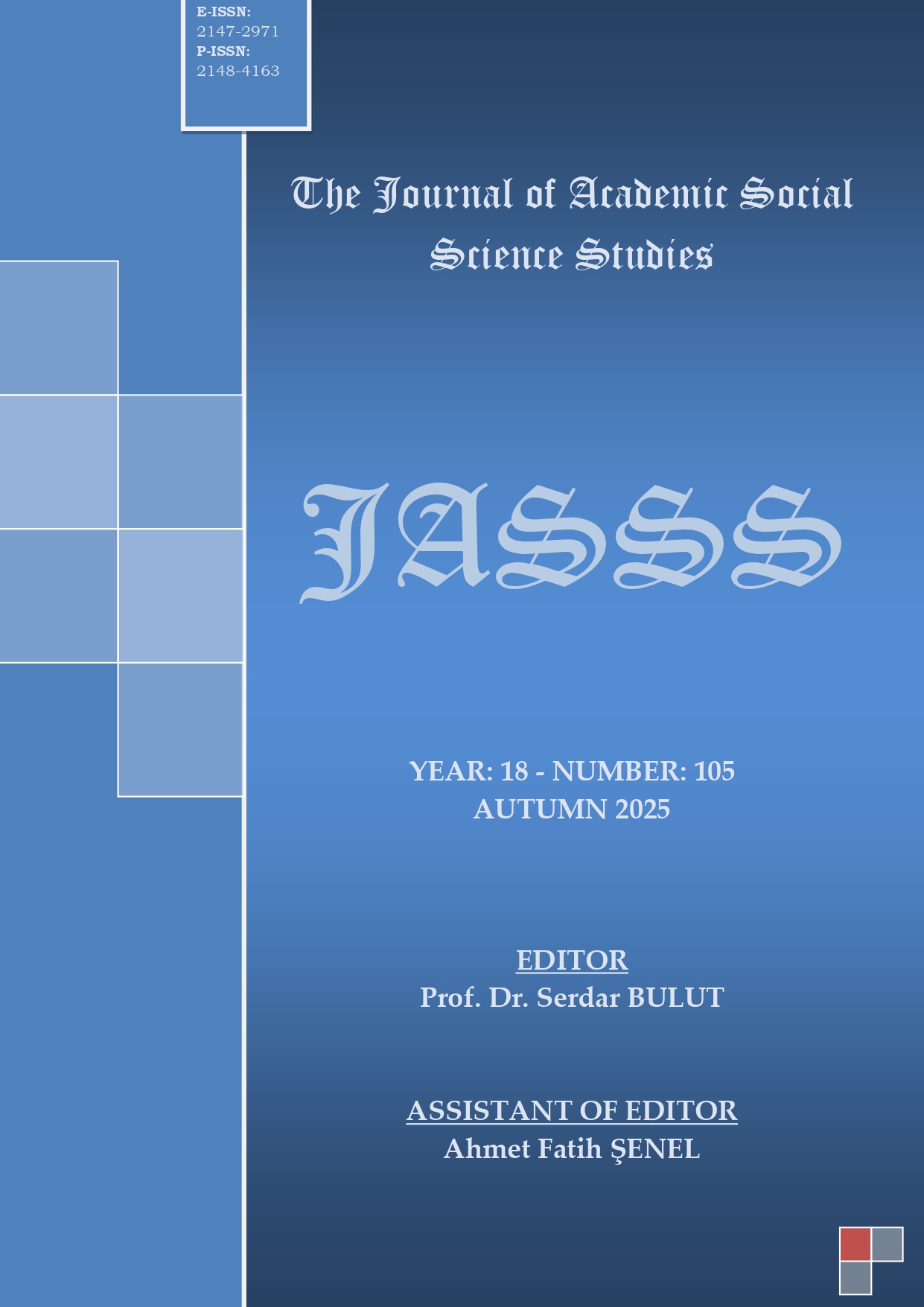Author :
Abstract
Felsefenin en kadim ve önemli konularından biri varlık meselesidir. Filozoflar, varlığın ilkesi, çeşitleri, var oluş ve yok oluşla ilgili düşüncelerini ortaya koyarken varlığın karşıtı olan yokluk kavramı üzerinde de düşünmüşlerdir. Varlık kavramı kadar yokluk kavramı da filozofların eserlerinde çok önemli bir yer işgal etmiştir. Yokluk kavramı üzerindeki tartışmalar, izafi bir yokluğun varlığı, mutlak yokluğun varlığı ve mutlak yokluğun yokluğu tarzında birkaç şekilde incelenmektedir.
İlk çağ filozofları yokluk kavramı üzerinde durmuşlarsa da felsefesinde kapsamlı olarak yer veren filozofların başında Platon gelir. Platon, mutlak yokluktan bahsedilemeyeceğini söylese de izafi bir yokluğun var olduğunu ve bunun başkalık olduğunu söylemektedir. Platon’un bu düşüncesi kendisinden sonraki filozofları da etkilemiştir. Başta Mutezili kelâmcılar olmak üzere İslâm filozofları da Platon’un yokluk düşüncesinden etkilendiler.
İslâm düşüncesinde yokluk (adem) kavramı üzerinde duran ilk düşünürlerden Mutezili kelâmcıların çoğu, yokluk (adem) kavramına reel bir karşılık verirken, Ehl-i Sünnet kelâmcıları aksini iddia ederler. İslâm filozoflarının çoğu ise bu meselede daha çok Platoncu bir çizgide yer alarak yokluk kavramına reel bir varlık atfederler. Kindî hariç diğer İslâm filozoflarının çoğu Platon gibi mutlak bir yokluğun varlığını reddederler. İslâm filozoflarında yokluk, aslında henüz varlık sahasına çıkmayan potansiyel bir imkân meselesi olarak göze çarpmaktadır. Biz bu araştırmamızda Platon’un yokluk kavramı ile ilgili düşüncesi ve İslâm filozofları üzerindeki etkisini açıklamaya çalışacağız.
Keywords
Abstract
One of the most ancient and important issues of philosophy is the issue of existence. While philosophers put forward their thoughts on the principle of existence, its types, existence and annihilation, they also thought about the concept of nothingness, which is the opposite of existence. The concept of nothingness has occupied a very important place in the works of philosophers as much as the concept of existence. The debates on the concept of nothingness are examined in several ways, such as the existence of a relative nothingness, the existence of absolute nothingness, and the absence of absolute nothingness.
Although ancient philosophers focused on the concept of nothingness, Plato is one of the philosophers who gave it a comprehensive place in his philosophy. Although Plato says that absolute nothingness cannot be spoken of, he says that there is a relative nothingness and that this is otherness. This idea of Plato also influenced the philosophers after him. Islamic philosophers, especially the Mu'tazila theologians, were also influenced by Plato's idea of nothingness.
While most of the Mu'tazila theologians, who were among the first thinkers to focus on the concept of nothingness (adam) in Islamic thought, gave a real response to the concept of nothingness (adam), the Ahl al-Sunnah theologians claim the opposite. Most of the Islamic philosophers, on the other hand, take a more Platonic line on this issue and attribute a real existence to the concept of nothingness. Except for Kindi, most of the other Islamic philosophers, like Plato, deny the existence of an absolute non-existence. In Islamic philosophers, non-existence stands out as a matter of potential possibility that has not yet emerged into the realm of existence. In this research, we will try to explain Plato's thoughts on the concept of nothingness and its influence on Islamic philosophers.





